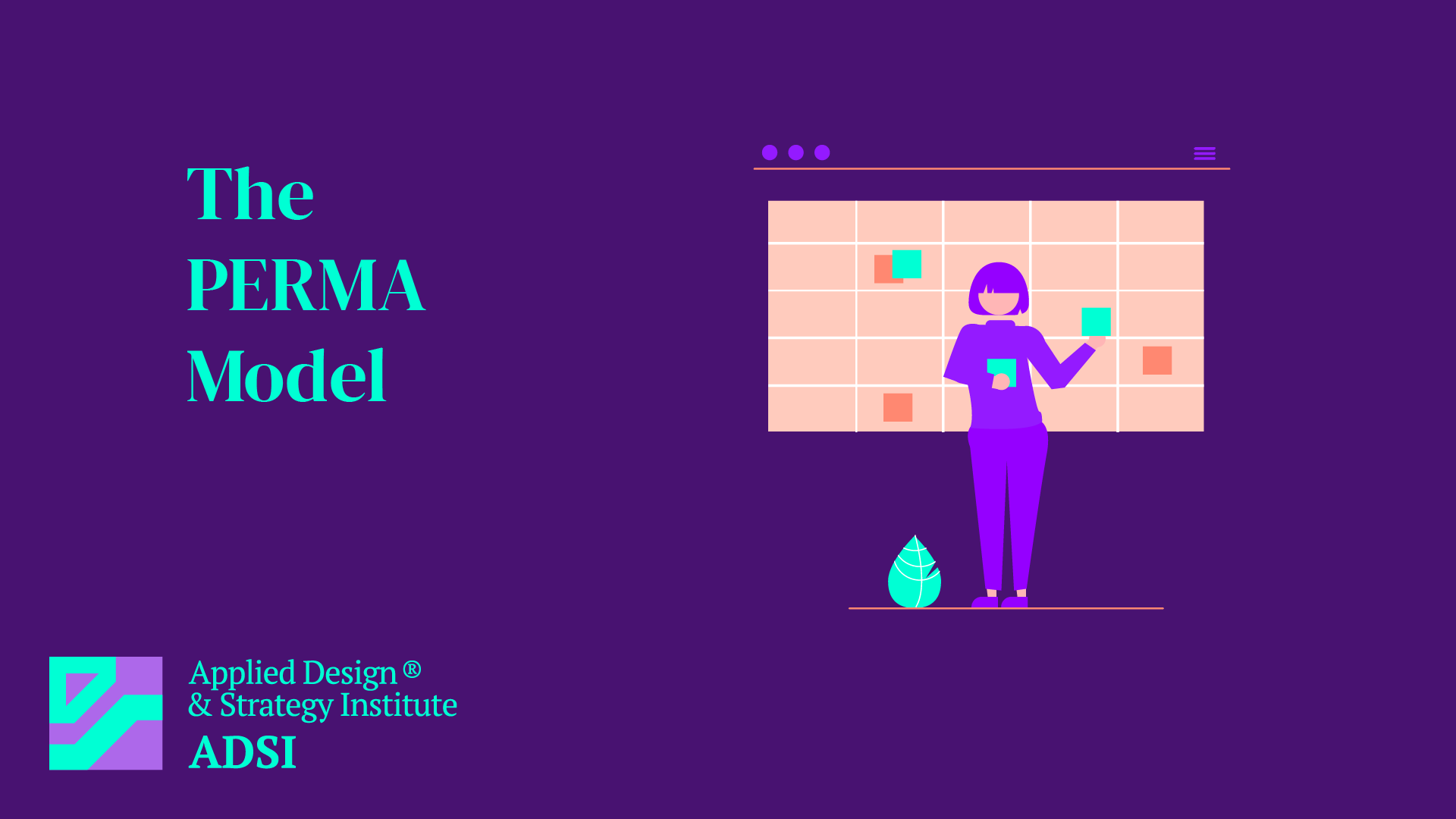The Pursuit of Well-Being: Understanding the PERMA Model
In the quest for happiness and well-being, the PERMA Model stands as a comprehensive framework that encompasses various facets of human flourishing. Developed by positive psychologist Martin Seligman, PERMA represents five essential elements that contribute to a fulfilling and meaningful life. In this article, we will delve into the intricacies of the PERMA Model, exploring its components and how it can guide individuals towards a more gratifying existence.
Deciphering the PERMA Model
The PERMA Model is an acronym that represents five core elements of well-being:
- Positive Emotion (P): Positive emotion encompasses feelings of joy, gratitude, contentment, and love. It involves experiencing and savoring life’s pleasures, both big and small.
- Engagement (E): Engagement refers to the state of flow or being completely absorbed in an activity. It occurs when individuals are fully immersed in a task that aligns with their skills and interests.
- Relationships (R): Healthy and meaningful relationships are a fundamental component of well-being. They involve connection, support, and a sense of belonging within a social network.
- Meaning (M): Finding meaning and purpose in life involves a sense of fulfillment that goes beyond personal happiness. It often includes contributing to something larger than oneself, whether through work, relationships, or personal values.
- Accomplishment (A): Accomplishment is the pursuit of personal goals and the sense of achievement that comes with reaching them. It involves setting and attaining meaningful objectives.
The Interplay of PERMA Elements
The PERMA Model emphasizes that these elements are interconnected and mutually reinforcing. Achieving one element often contributes to the enhancement of others. For example, positive relationships can lead to increased positive emotions, while engagement in meaningful activities can foster a sense of accomplishment.
Application in Daily Life
Understanding and applying the PERMA Model in daily life can lead to improved well-being:
- Cultivating Positive Emotions: Practice gratitude, mindfulness, and optimism to foster positive emotions.
- Engagement and Flow: Seek activities that challenge your skills and interests to experience engagement and flow.
- Nurturing Relationships: Invest time and effort in building and maintaining meaningful relationships with family, friends, and colleagues.
- Finding Meaning: Reflect on your values and life goals to discover what truly matters to you and how you can contribute to a greater purpose.
- Pursuing Accomplishments: Set realistic goals and work towards achieving them to experience a sense of accomplishment.
Benefits of the PERMA Model
Embracing the PERMA Model can lead to numerous benefits:
- Enhanced Well-Being: By addressing multiple aspects of life, the model promotes a holistic sense of well-being and happiness.
- Resilience: A strong foundation in PERMA elements can help individuals cope with challenges and setbacks more effectively.
- Improved Mental Health: Practicing the PERMA elements is associated with reduced symptoms of depression and anxiety.
- Better Quality of Life: A well-rounded approach to well-being can lead to an overall higher quality of life and life satisfaction.
Conclusion
The PERMA Model offers a comprehensive framework for individuals to pursue happiness and well-being. By recognizing the importance of positive emotions, engagement, relationships, meaning, and accomplishment in their lives, individuals can take intentional steps to cultivate a fulfilling and meaningful existence. As the pursuit of well-being continues to be a universal aspiration, the PERMA Model provides valuable guidance for individuals seeking to thrive and flourish in their journey through life.



33.01hst9224shz9mqmkmxp7txf69@mail5u.xyz
sit asperiores saepe aut soluta fugiat distinctio sunt unde et exercitationem amet reprehenderit nemo sunt unde maxime facere aut nesciunt ut harum. corrupti ipsum porro quo enim sit dolorum vel similique et aut distinctio placeat est dolore incidunt nesciunt.